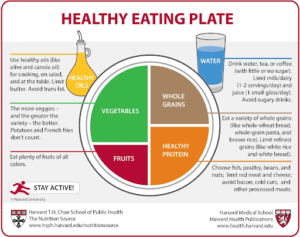
Research – Professional Side
Trusted resources compiled to support medical professional in their efforts to tackle health disparities faced by the Hispanic/Latino community
COVID-19
The COVID-19 pandemic has affected every aspect of our lives since it began in 2020. Research and guidance is constantly changing, which is why we’ve curated a collection of medically-vetted, up-to-date resources so that you can keep yourself and your loved ones safe.

Alzheimer’s
A diagnosis of dementia or Alzheimer’s disease can be frightening, but many experience a sense of relief in knowing their problems are due to a disease. Additionally, an early diagnosis allows those affected to be actively involved in important health and planning decisions and to gain access to treatments, clinical trials and support services.
Diabetes
Diabetes is a serious condition that causes higher than normal blood sugar levels. Diabetes occurs when your body cannot make or effectively use its own insulin. Hispanic/Latino Americans are particularly vulnerable to developing type 2 diabetes — members of this group have a more than 50% chance of developing type 2 diabetes in their lifetime.

Heart Disease
Cardiovascular diseases are the second-most common cause of death among Hispanic/Latino people. Learn more about how to stay heart healthy.
Learn More
HIV/Aids
In 2018, Hispanic/Latino patients made up 27% of new HIV diagnoses in the United States. 61 out of every 100 Hispanic/Latino people living with HIV have received some HIV care, and 53 out of 100 were virally suppressed.1 Despite the stigma that HIV/AIDS carry, modern medicine has made it possible for people with HIV to live long, healthy, and active lives.
Learn More
Influenza/Flu
Flu severity varies from year to year, but the flu always poses serious consequences. Deaths from pneumonia and influenza combined are the 9th leading cause of death among Hispanics.
Malnutrition
Malnutrition can take many forms and as such presents a large-scale and complex problem across the world. It affects most of the global population, irrespective of location, age, wealth or gender. It is a truly universal problem.

Obesity
There are many factors that contribute to obesity, some that we can control and some that we can’t. Regardless, obesity can increase your risk for many other medical conditions, including cancer, type 2 diabetes, and depression.

















